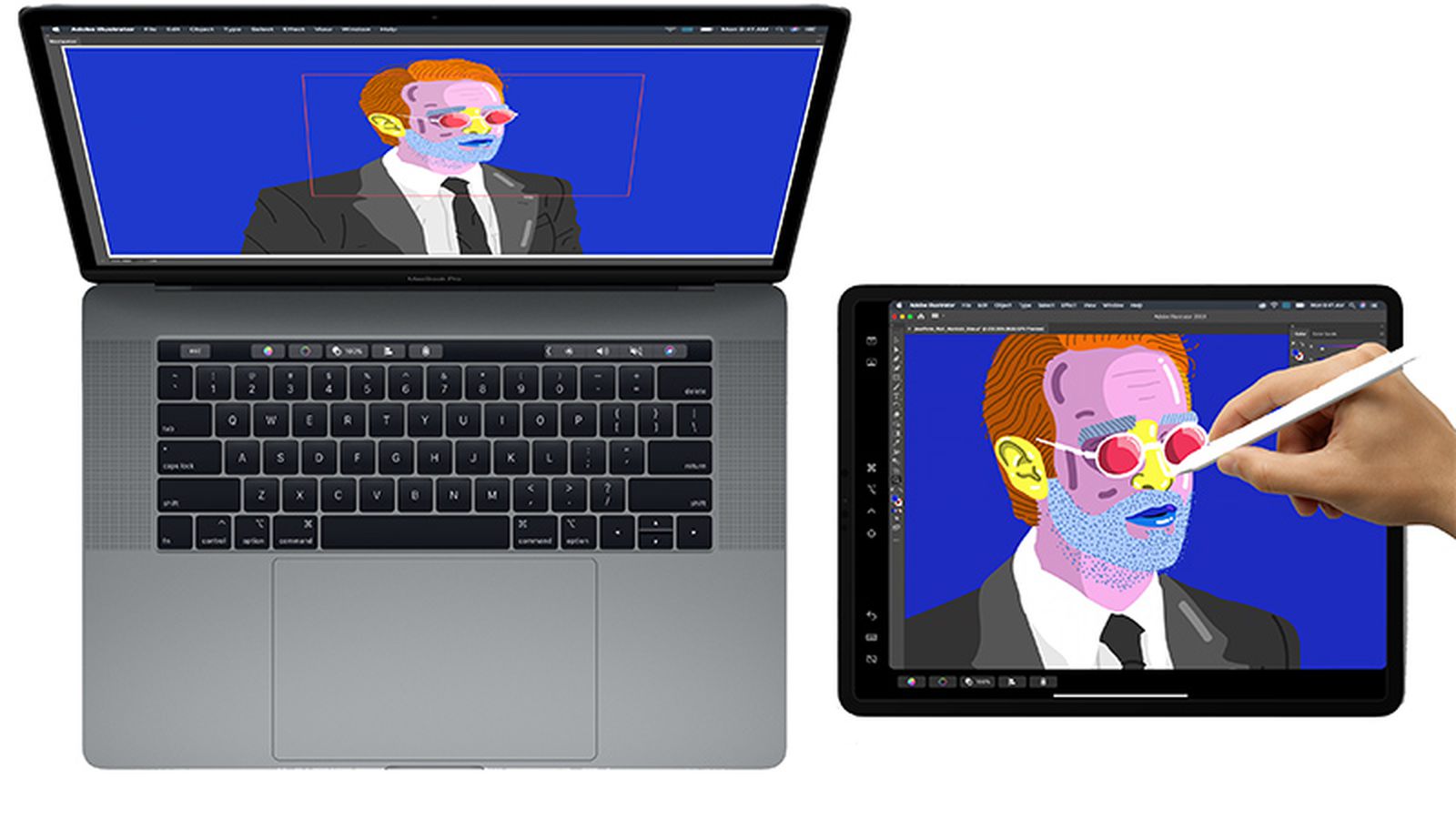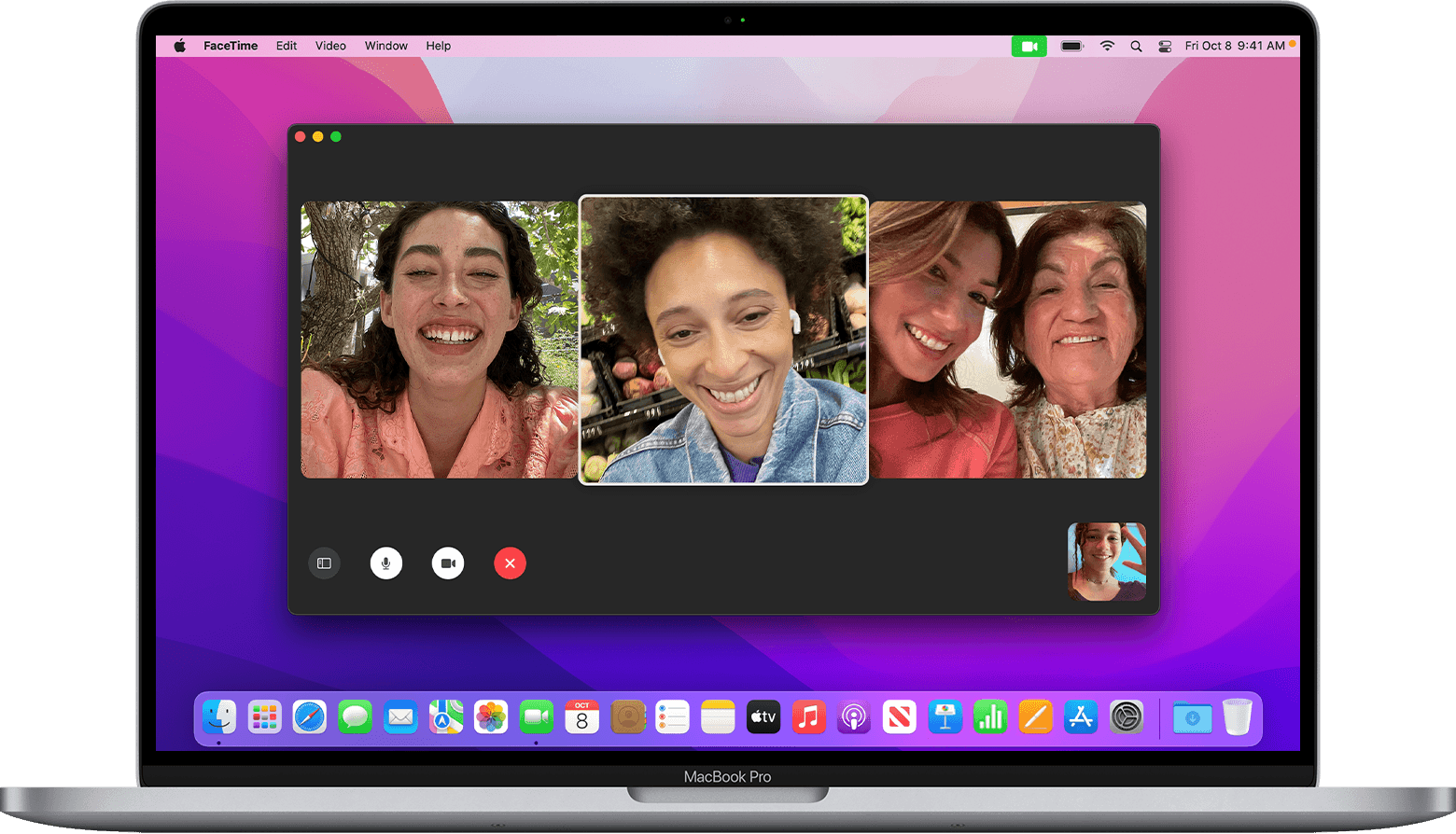
More specifically, you’ll need at least a 5th-generation iPad, an iPad Air 2, and iPad mini 4, or any iPad Pro.
#DOUBLE CLICK WITH 2018 MAC PRO MAC#
Otherwise, your mouse pointer will simply go down to the bottom screen.)įirst, make sure the Mac is running at least macOS Catalina and your iPad is running at least iOS 13. (If you have your monitors set up the way I do, make sure you make these downward strokes in a corner of the display that doesn’t overlap with the main MacBook display. The dock should then switch over-although keep in mind that it may take some practice.

Then makes two swift downward strokes along the bottom of the display where you would like for the dock to appear. To do this, move your mouse pointer up to the desktop of the secondary monitor and click anywhere. So if you put your secondary monitor above your MacBook (as I have in the photo above), make sure you orient the second monitor’s blue rectangle so it’s on top of the blue rectangle representing the MacBook.Īfter that, you may want to move your macOS dock to the secondary screen if you’ll be looking at it more often. The transition is instant.įrom here, simply align the monitors the way they are in real life. Now that I’ve arranged the displays this way, I can move my mouse pointer to the second monitor just by moving it up.

Apple USB-C to HDMI Multiport Adapter ($69).

Let’s start with Apple’s own options for HDMI and VGA, which are outrageously expensive for what you’re getting, as you might expect. If you have a standard HDMI-compatible monitor, we recommend this highly rated six-foot $17 USB-C/Thunderbolt 3 to HDMI cable from Uni.Īs for dongles-while not exhaustive, the options below should help with most contemporary USB-C/Thunderbolt 3 Macs. And if you just want a specialized cable for a USB-C compatible MacBook, we recommend Apple’s own $39 USB-C/Thunderbolt 3 cable if you have a Thunderbolt 3-compatible monitor. For everything else, you’re going to need a dongle or a specialized cable.


 0 kommentar(er)
0 kommentar(er)
